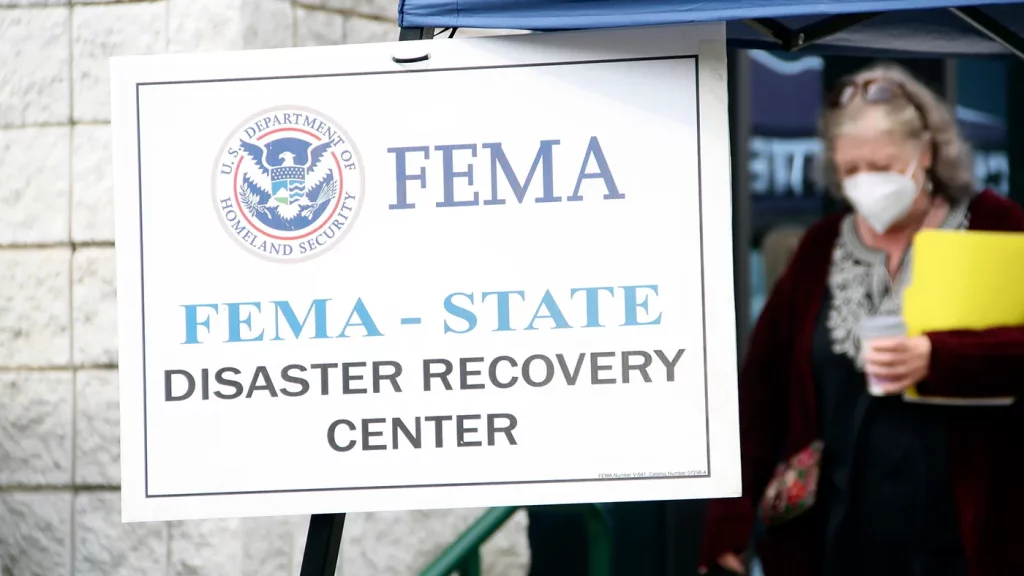When Hurricane Milton slammed into Florida, it caused significant damage. It was lucky that the Sunshine State wasn’t pounded considerably harder. Imagine if a major population centre was damaged by the storm, and federal politicians threatened Florida with no aid unless Gov. Ron DeSantis and the Florida legislature did what they said. Floridians would be upset, and rightfully so.
In the latest illustration of a new cruel streak in modern politics, some lawmakers have openly called for halting aid to California in the aftermath of the deadly wildfires. This is why it’s wrong.
First, Californians contributed to the aid and are among the largest contributors to federal income taxes. Second, lawmakers in states with significantly lower average income tax contributions are proposing this. Third, if history is any guide, those advocating for the cessation or suspension of aid will demand unconditional support when they require it. Finally, it’s difficult to see how this fits into our American or Christian tradition.
According to Merideth Lee Hill of Politico, “[House Speaker] Johnson said he supported putting “conditions” on California wildfire aid. Another Congressman, from Ohio, said as much about California aid according to Amber Baker with WTRF-TV: “If they want the money, then there should be consequences, requiring them to change their policies.” An Alabama politician concurred.
It reminded me of two years earlier, when a train carrying poisonous chemicals derailed in East Palestine, Ohio, resulting in a massive plume of hazardous smoke. Not only was the help not tied to improvements in train safety, but the IRS rendered the relief checks non-taxable, even though the district voted for Trump by more than 70% in 2020. How you voted in the last election should not affect whether or not you receive aid, right?
I also discovered that one of the things California may have to “submit” to is changing its voting ID requirements. What’s that got to do with the environment or wildfires?
California is among the biggest givers in Federal income taxes. Why shouldn’t they receive aid?
I checked the National Taxpayers Union Foundation’s estimate of who pays taxes. California pays the most in raw numbers, yet it ranks fifth in terms of average federal income tax paid per person. Ohio ranks 39th. Louisiana ranks 45th. Alabama ranks 46th on average.
According to SmartAsset.com, California ranks 41st in terms of reliance on the federal government, making it one of the ten states with the lowest reliance. Louisiana ranks eighth in terms of federal government aid dependency. Alabama is the ninth most reliant state on government funding.
Did Californians block aid from Florida after Category 5 Hurricane Ian struck the Ft. Myers area? Did they condition aid on anti-hurricane policies at the time or during Milton? Did they use aid money to exert pressure on the Tallahassee government to change DEI policies?
Blocking aid to another struggling state is a relatively new unpleasant trend in American politics. When Hurricane Sandy ravaged New Jersey in 2012, several members of Congress voted against relief, even though SmartAsset.com reveals that “for every $6.28 New Jersey fork over to the federal government, it receives $1 back.” Some of the same legislators who voted no to New Jersey shamelessly sought assistance a few years later when tornadoes and hurricanes ravaged other states.
Fortunately, New York and New Jersey politicians did not play the same “tit-for-tat” game with Texas during Hurricane Harvey. They didn’t do it for Florida or Hurricanes Ian and Milton. Let’s not maintain this new un-American trend in disaster relief.

